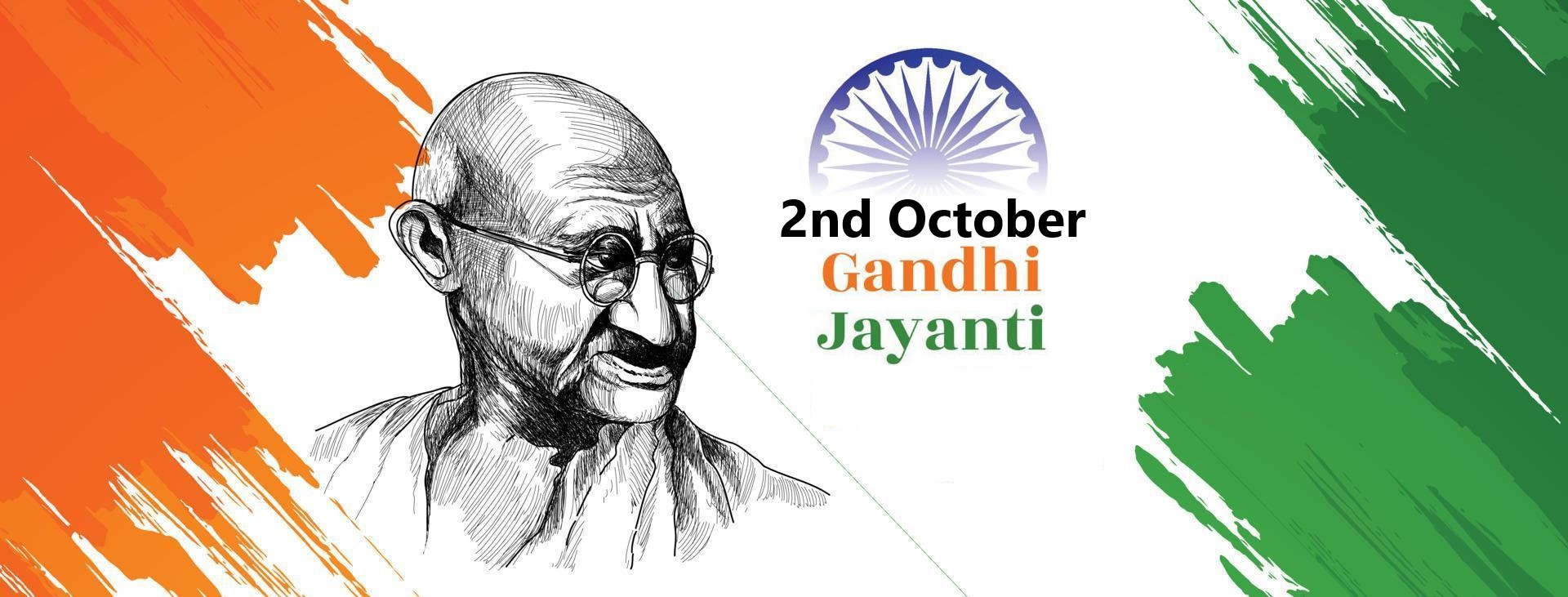- Private car and driver in Delhi / India
- +91-8447445445
- info@discoverindiabycar.com sugar.ankit@yahoo.com
 +91-9818434712
+91-9818434712
Gandhi Jayanti

Mahatma Gandhi’s birth is commemorated in India with a holiday called Gandhi Jayanti. It is one of India’s three national holidays and is celebrated annually on the second of October. The UN General Assembly declared October 2 to be the International Day of Non-Violence on June 15, 2007, in honour of him as a nonviolent liberation fighter. He is also referred to as the “Father of The Country,” a title that Netaji Subhash Chandra Bose bestowed upon him in recognition of his tenacious fight for freedom.He served as an inspiration for other civil rights movements around the globe.
To honour his achievements to the nation, the second Monday in October is celebrated as a national holiday each year. The UN also recognises this day as the International Day of Nonviolence.
He served as an inspiration for other civil rights movements around the globe. To honour his achievements to the nation, the second Monday in October is celebrated as a national holiday each year. The UN also recognises this day as the International Day of Nonviolence.

Mahatma Gandhi as a Father of Nation
Mohandas Karamchand Gandhi, who was born on October 2nd, 1869, was the tallest leader of the Indian freedom movement. He effectively oversaw India’s nonviolent resistance to the British, which served as the model for numerous subsequent civil rights movements throughout the globe.
Gandhi finished his law studies in South Africa and went there to represent a client. After his return, he re-joined the Indian National Congress and spearheaded national campaigns in support of labourers, peasants, and farmers. He also spoke out against caste-based prejudice and supported the advancement of women’s rights.
He oversaw some of the most important movements in India’s war for independence. Through the 1930 Dandi March, he inspired Indians to violate the salt ban, giving them hope that they might stand up to the might of the British. In 1942, he also served as the movement’s leader.
Gandhi supported the freedom of religion. He struggled to make India a secular country because it is what he wanted. But, the Muslim League-led Muslim nationalists on one side and the Hindu Mahasabha and the Rashtriya Swayam Sevak-led Hindu nationalists on the other side were impeding his vision. Gandhi, who opposed the division of India into a Hindu majority India and a Muslim majority Pakistan, was powerless to stop it.









